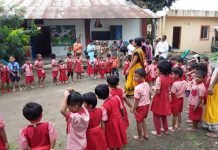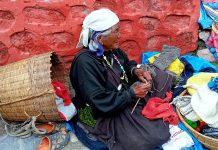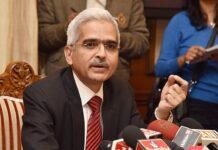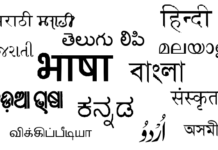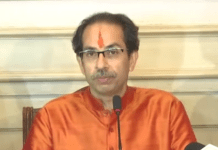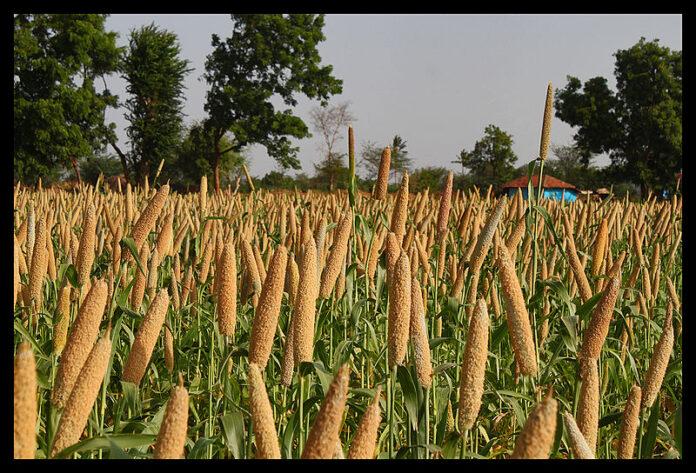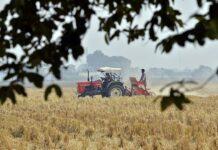Lahari Bai, the 27-year-old tribal woman from Dindori village in Madhya Pradesh, has become the brand ambassador of millets for her remarkable enthusiasm in preserving more than 150 varieties of millet seeds. This has been lauded by the Prime Minister of the country.
Proud of Lahari Bai, who has shown remarkable enthusiasm towards Shree Ann. Her efforts will motivate many others.
To promote millets, United Nations has declared 2023 the ‘International Year of Millets’ on India’s suggestion.
The movement for promotion of millets as a mainstream food is being spearheaded by the All-India Institute of Medical Sciences (AIIMS) which is India’s premier medical research institution.
Millets are a group of small food grains easily grown in arid regions (like Rajasthan) on agricultural lands with poor soil quality and limited irrigation. Once popular in India, millets became understood as the food of rural and tribal community and slowly lost ground to wheat and rice.
Millets are now slowly gaining ground worldwide for sustainable development and health benefits especially in India where diabetes has the highest prevalence rate in the world.
Millets are very rich in fibre, naturally gluten-free and have much higher levels of iron and calcium than processed wheat and rice. These properties make them preferred food choice for anyone trying to prevent and control diabetes.
This food grain needs to recover it lost glory and become popular as the mainstream staple food again to improve health status of the population and to avoid long term health impact of diabetes.
***


